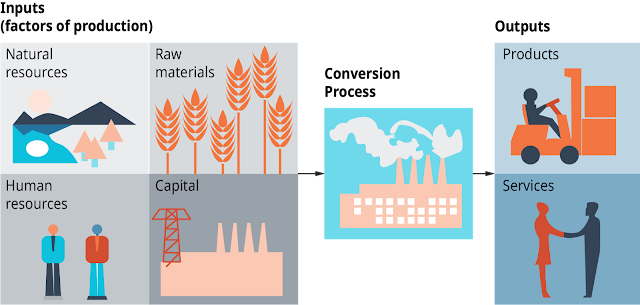Profit vs Social Impact... Why should businesses care?

Environmental Degradation Businesses in Nigeria, like in any other capitalist country, aim to make a profit. However, in recent times, there has been a growing concern about the impact that businesses have on society. In Nigeria, the debate is even more significant due to the country's socio-economic challenges. In this article, we will explore the profit versus social impact debate in Nigeria. Profit is an essential factor for the survival and growth of any business. It allows businesses to expand, create jobs, and contribute to the economy. However, businesses that purely prioritize profit over social impact often neglect the social and environmental implications of their actions. These businesses may engage in unethical practices such as environmental pollution, exploitation of workers, violation of human rights and generally poor corporate governance practices. On the other hand, businesses that prioritize social impact over profit aim to create a positive impact on society w...


